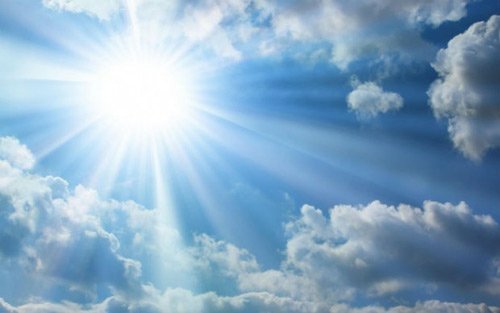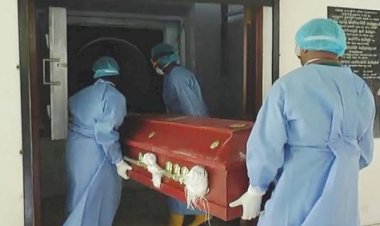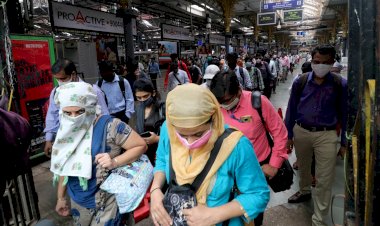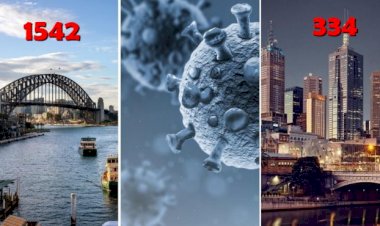Coronavirus dies in sunlight in just minutes

The coronavirus may be killed by sunlight in a matter of minutes, according to a study carried out by the Department of Homeland Security. Radiation given off by ultraviolet (UV) light damages the virus' genetic material and hampers its ability to replicate, the study claimed.
New research from the DHS Science and Technology directorate found that high humidity, temperatures, and sunlight kills the virus in saliva droplets on non-porous surfaces and in the air.
"Our most striking observation to date is the powerful effect that solar light appears to have in killing the virus on surfaces and in the air," said DHS Science and Technology Advisor Bill Bryan.
"We've seen a similar effect as well where increasing the temperature and humidity or both is generally less favorable to the virus."
The findings of the joint effort between the DHS's Science and Technology directorate and the White House's coronavirus task force was revealed at a press briefing on Thursday.
The virus dies quickest in the presence of direct sunlight, and it survives best in indoor conditions, the study found.
The research also showed that bleach and other disinfectants quickly killed the virus on surfaces.
Advising Americans on how best to sanitise their homes, Bryan continued: "I can tell you that bleach will kill the virus in five minutes, isopropyl alcohol will kill the virus in 30 seconds.
"And that's with no manipulation. If you rub it, it goes away even faster."
The DHS will continue to look at the virus in saliva and how it reacts to different environments and substances.
Although "summer-like conditions" will lead to a decrease in virus transmissions, Bryan said Americans aren't yet in the clear to return back to normal outings.
Previous work has also agreed that the virus fares better in cold and dry weather than it does in hot and humid conditions, and the lower rate of spread in southern hemisphere countries where it is early fall and still warm bear this out.
Australia, for example, has had just under 7,000 confirmed cases and 77 deaths – well below many northern hemisphere nations.
The reasons are thought to include that respiratory droplets remain airborne for longer in colder weather, and that viruses degrade more quickly on hotter surfaces, because a protective layer of fat that envelops them dries out faster.
US health authorities believe that even if Covid-19 cases slow over summer, the rate of infection is likely to increase again in fall and winter, in line with other seasonal viruses like the flu.




 mode1
mode1 




































